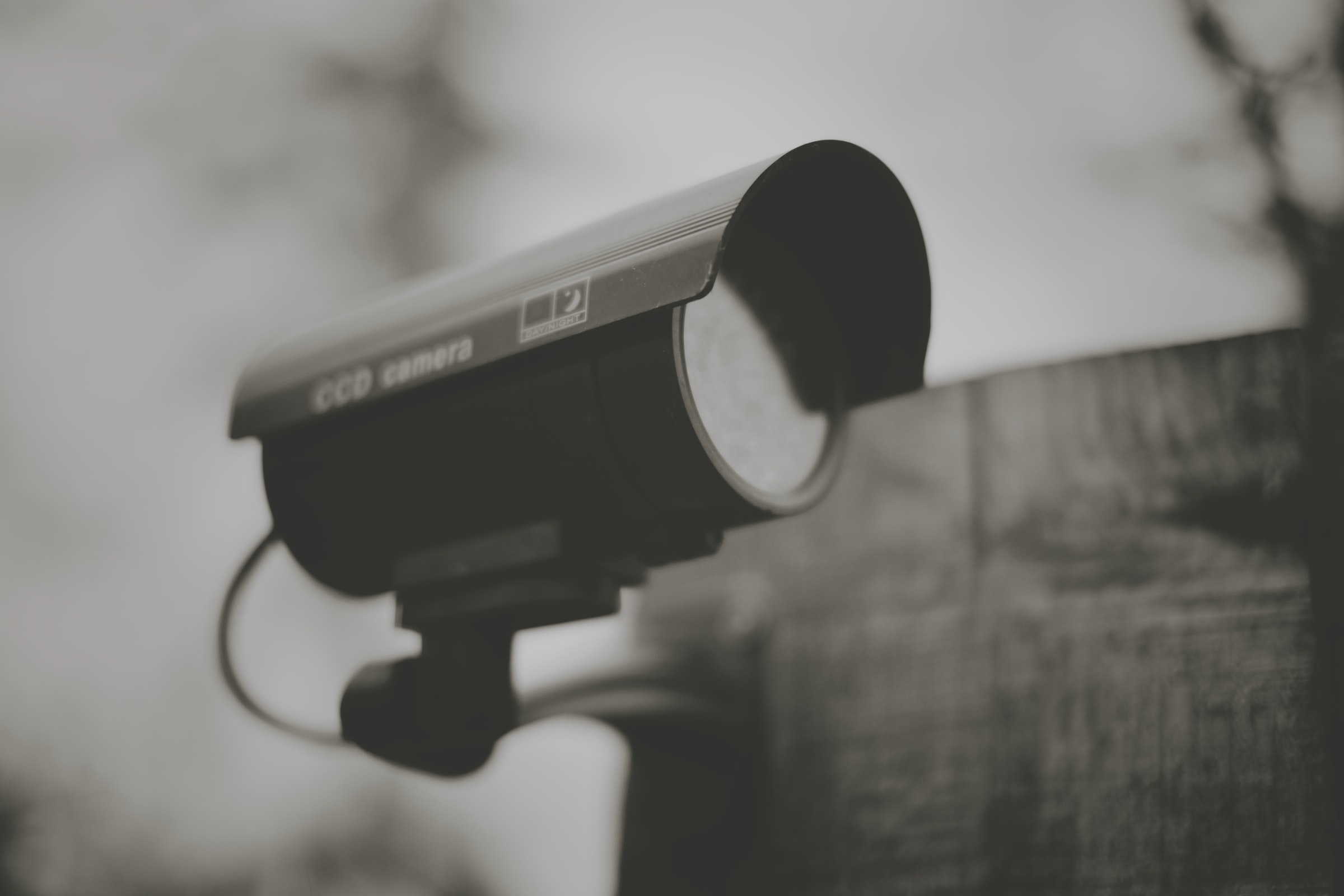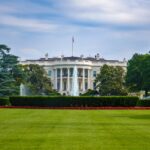
The reintroduction of the Facial Recognition and Biometric Technology Moratorium Act in the 117th Congress has received mixed responses.
An initial version of the legislation was introduced in 2020 but was reintroduced June 15 2021 by Sen. Edward Markey (D-Mass.)
“We do not have to forgo privacy and justice for safety,” said Senator Markey. “This legislation is about rooting out systemic racism and stopping invasive technologies from becoming irreversibly embedded in our society.
“We simply cannot ignore the technologies that perpetuate injustice and that means that law enforcement should not be using facial recognition tools today. I urge my colleagues in Congress to join this effort and pass this important legislation.”
The legislation aims for a blanket ban on the use of facial and biometric recognition technologies by government agencies following a string of abuses and proven biases.
“This is a technology that is fundamentally incompatible with basic liberty and human rights. It’s more like nuclear weapons than alcohol or cigarettes –– it can’t be effectively regulated, it must be banned entirely. Silicon Valley lobbyists are already pushing for weak regulations in the hopes that they can continue selling this dangerous and racist technology to law enforcement. But experts and advocates won’t be fooled,” said Evan Greer, Director of Fight for the Future.
Human rights group ACLU (American Civil Liberties Union) has also been among the leading voices in opposing facial recognition technologies. The group’s lawyers have supported victims of facial recognition – such as the wrongful arrest of black male Robert Williams on his lawn in front of his family – and backed both state- and national-level attempts to ban government use of the technology.
Kate Ruane, Senior Legislative Counsel for the ACLU, said:
“The perils of face recognition technology are not hypothetical — study after study and real life have already shown us its dangers.
The technology’s alarming rate of inaccuracy when used against people of colour has led to the wrongful arrests of multiple Black men including Robert Williams, an ACLU client.
Giving law enforcement even more powerful surveillance technology empowers constant surveillance, harms racial equity, and is not the answer.
It’s past time to take action, and the Facial Recognition and Biometric Technology Moratorium Act is an important step to halt government use of face recognition technology.”
Critics of the legislation have pointed towards the social benefits of such technologies and propose that more oversight is required rather than a blanket ban.
The Security Industry Association (SIA) claims that a blanket ban would prevent legitimate uses of facial and biometric recognition technologies including:
- Reuniting victims of human trafficking with their families and loved ones.
- Identifying the individuals who stormed the US Capitol on 6 Jan.
- Detecting use of fraudulent documentation by non-citizens at air ports of entry.
- Aiding counterterrorism investigations in critical situations.
- Exonerating innocent individuals accused of crimes.
“Rather than impose sweeping moratoriums, SIA encourages Congress to propose balanced legislation that promulgates reasonable safeguards to ensure that facial recognition technology is used ethically, responsibly and under appropriate oversight and that the United States remains the global leader in driving innovation,” comments Don Erickson, CEO of the SIA.
To support its case, the SIA recently commissioned a poll (PDF) from Schoen Cooperman Research which found that 68 percent of Americans believe facial recognition can make society safer. Support is higher for specific applications such as for airlines (75%) and security at office buildings (70%).
As part of ACLU-led campaigns, multiple jurisdictions have already prohibited police use of facial recognition technology. These jurisdictions include San Francisco, Berkeley, and Oakland, California; Boston, Brookline, Cambridge, Easthampton, Northampton, Springfield, and Somerville, Massachusetts; New Orleans, Louisiana; Jackson, Mississippi; Portland, Maine; Minneapolis, Minnesota; Portland, Oregon; King County, Washington; and the states of Virginia and Vermont. New York state also suspended use of face recognition in schools and California suspended its use with police-worn body cameras.
A copy of the legislation can be found here (PDF)
(Photo by Joe Gadd on Unsplash)

Find out more about Digital Transformation Week North America, taking place on November 9-10 2021, a virtual event and conference exploring advanced DTX strategies for a ‘digital everything’ world.









